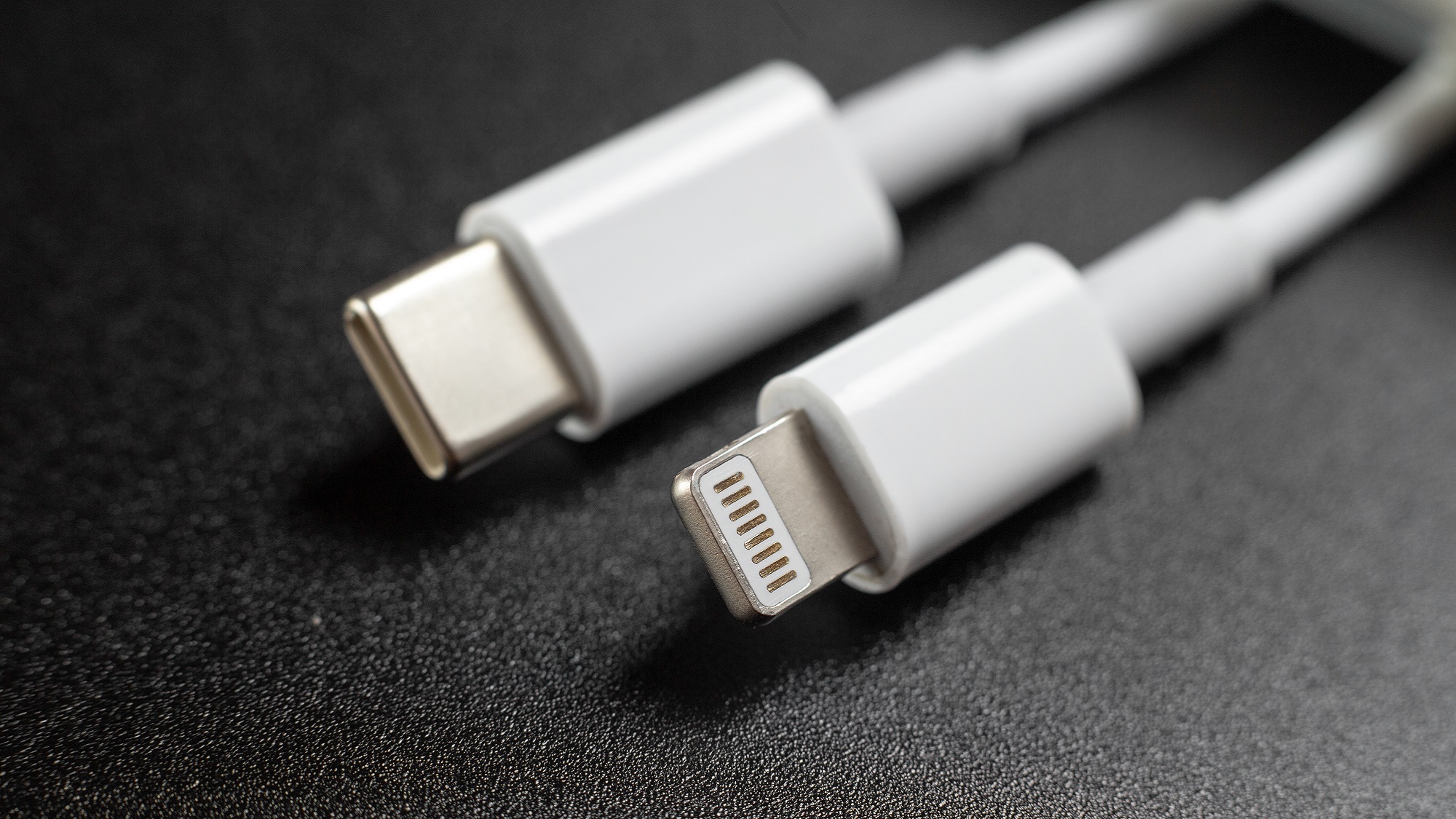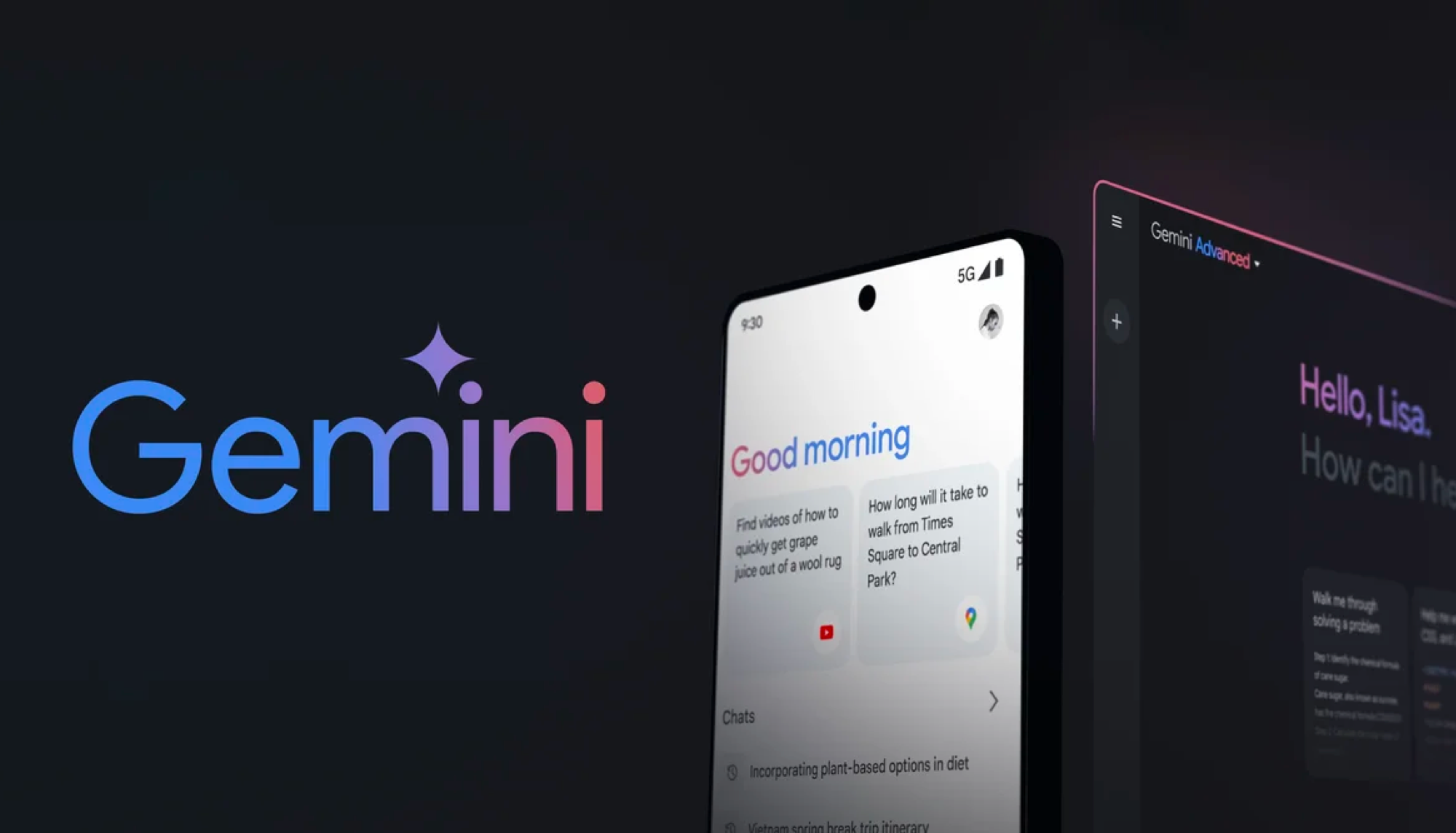EU ruling forces Apple to adopt USB-C iPhone charging by end of 2024
It will now be mandatory

In an overwhelming majority, the EU parliament has passed a law mandating that all phones, tablets, and cameras must use a USB-C port for charging by 2024. While the best Android phones are already covered, this law effectively spells the end for the iPhone's Lightning port.
You can read the EU's press release (via MacRumors) for the full breakdown, but the gist is that the EU wants to cut down on e-waste by instituting a common charging port, aka USB-C. This move should also address product sustainability, according to the EU's governing body.
All told, 602 members voted in favor of the law, with 13 objections and eight abstentions. This has been a long time coming, and we're frankly quite glad to see it. The Lightning port has overstayed its welcome since its introduction in 2012. It's time for all phones to use a universal charging port, including the best iPhones.
However, you might be wondering why we've drawn the conclusion that the Lightning port is dead (at least on iPhones). The answer comes down to logistics. We highly doubt that Apple will create two iPhone SKUs, one with a Lightning port and one with a USB-C port for the EU. That would introduce cost increases, which would be to Apple's detriment.
Apple has thus far been resistant to switch to USB-C on the iPhone — the iPad Pro, iPad mini and iPad Air use USB-C — because it makes money off of licensing the Lightning standard to accessory makers. It stands to make little to no gains on third-party USB-C accessories. Considering that the iPhone is the company's most popular product, you can see why it's dragged its feet on converting to USB-C since we'd guess it sells more iPhone accessories than anything else.
The new law makes exceptions for devices that are too small for a USB-C port, such as smartwatches, fitness trackers, etc. The parliament has also mandated that all laptops will also need to use USB-C for charging by 2026. That could be interesting to see, such as in the case of the best gaming laptops.
Furthermore, the EU wants all wireless charging standards standardized and open, preventing consumers from getting locked into proprietary methods. (It is unclear how this will affect Oppo/OnePlus and Apple's MagSafe for example.) We think the EU will settle on the Qi standard since that seems to be the most ubiquitous.
Sign up to get the BEST of Tom's Guide direct to your inbox.
Get instant access to breaking news, the hottest reviews, great deals and helpful tips.
This law still needs to pass through the European Council to get the directive enforced, but it seems pretty likely that USB-C will be the EU standard come 2024 and 2026. Device manufacturers will have 24 months to get into compliance 20 days after the European Council approves the directive. Anything sold before this date will be exempt.
Apple analyst Ming-Chi Kuo said earlier this year that he expects the iPhone 15 to adopt USB-C. Bloomberg's Mark Gurman has also corroborated that Apple is testing a USB-C iPhone. Kuo believes AirPods and other Lightning accessories will change to USB-C at a later date. So here's to hoping we get a USB-C iPhone 15 and iPhone 15 Ultra.
Next: iPhone 15 may get USB-C, but the rest of the world isn’t ready for USB-C yet.

Jordan is the Phones Editor for Tom's Guide, covering all things phone-related. He's written about phones for over six years and plans to continue for a long while to come. He loves nothing more than relaxing in his home with a book, game, or his latest personal writing project. Jordan likes finding new things to dive into, from books and games to new mechanical keyboard switches and fun keycap sets. Outside of work, you can find him poring over open-source software and his studies.
-
DanOp Hopefully not a reverse inclusionary in other words that Apple wouldn't have to eliminate lightning but they would have to add USBC I would imagine? Also this couldn't possibly spell the death of wireless charging (hi timidly ask am I right??)Reply
And is the EU specific enough qqabout charging and not data throughput?
Perhaps I'm just being silly. Show me the way please..
